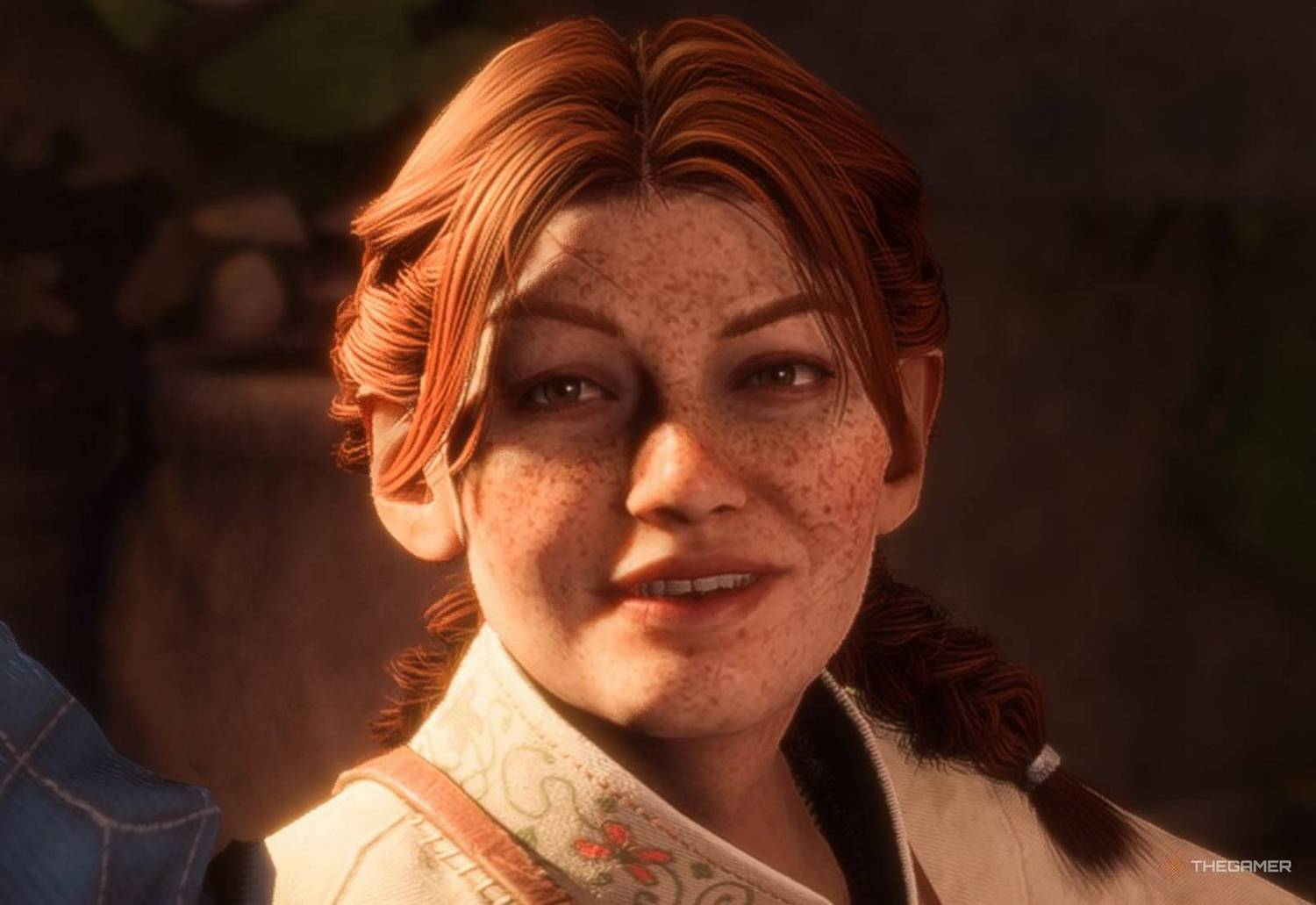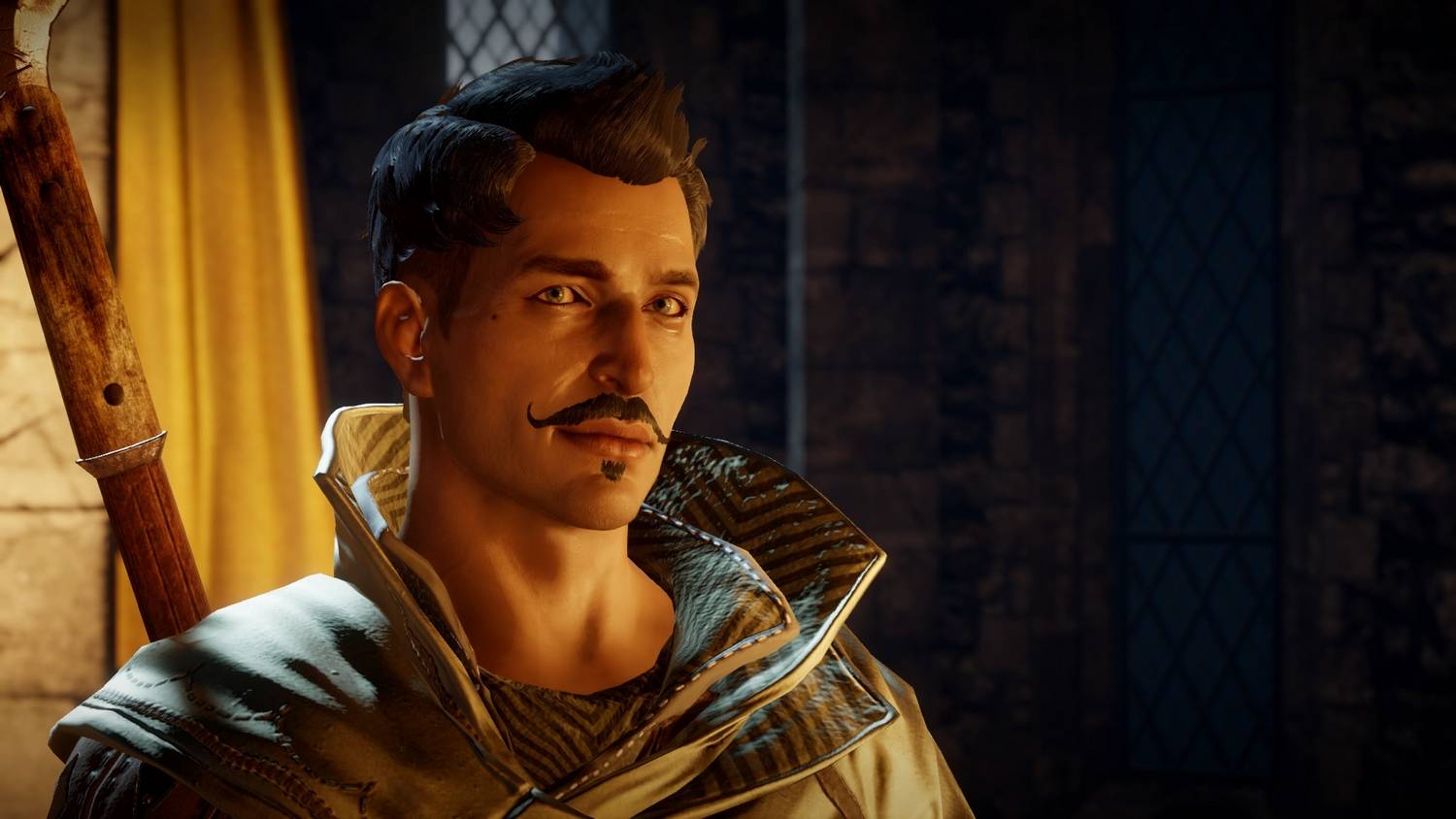Former BioWare Executive Weighs in on Post-$55 Billion Buyout Restructuring
Popular Now
 CarX Street
CarX Street
 Auto X Drift Racing 3
Auto X Drift Racing 3
 Fall Guys
Fall Guys
 Gacha Club
Gacha Club
 Free Fire
Free Fire
 Schedule I
Schedule I
 Stumble Guys
Stumble Guys
 NBA 2K24
NBA 2K24
 Garena Free Fire: Kalahari
Garena Free Fire: Kalahari
 The Legend of Zelda
The Legend of Zelda
 The gaming world continues to analyze the seismic shift at Electronic Arts (EA), which recently agreed to a record-breaking $55 billion leveraged buyout led by an investor consortium including Saudi Arabia’s Public Investment Fund (PIF). Adding fuel to the speculative fire is Mark Darrah, the former Executive Producer on the Dragon Age and Anthem franchises, who has publicly discussed the potential for studios like BioWare to be spun off or sold, especially given the perceived ideological and financial motivations of the new ownership.
The gaming world continues to analyze the seismic shift at Electronic Arts (EA), which recently agreed to a record-breaking $55 billion leveraged buyout led by an investor consortium including Saudi Arabia’s Public Investment Fund (PIF). Adding fuel to the speculative fire is Mark Darrah, the former Executive Producer on the Dragon Age and Anthem franchises, who has publicly discussed the potential for studios like BioWare to be spun off or sold, especially given the perceived ideological and financial motivations of the new ownership.
Darrah, a veteran of BioWare, suggests that the studio’s long-standing reputation for incorporating progressive themes and diverse character representation—a hallmark of their Mass Effect and Dragon Age franchises—may make it a poor fit for the new ownership structure, which is partially driven by Saudi Arabia’s “Vision 2030” and soft-power initiatives.
 The Ideological Conflict: Progressive Storytelling vs. PIF’s Agenda
The Ideological Conflict: Progressive Storytelling vs. PIF’s Agenda
The crux of Darrah’s analysis centers on the inherent tension between BioWare’s creative DNA and the political landscape of a major PIF investment. Saudi Arabia’s PIF, which is heavily vested in sports and increasingly in gaming, has an overarching goal of national image building.
- BioWare’s Track Record: BioWare has been historically recognized for embracing progressive messaging, including complex ethical choices, diverse relationships, and extensive LGBTQ+ representation in its games. Fans often cite these elements as a core reason for purchasing their titles.
- The Pivot Risk: Darrah contends it is “hard to imagine” BioWare pivoting from its “very progressive messaging to having the reverse” in an attempt to align with the new owners. Such a move, he believes, would result in an “apocalyptically bad” public perception and severe fan backlash.
- The Outcome: For an investment group whose motive is part financial, part public relations, this ideological mismatch forces a binary choice: either allow BioWare to operate largely as it has, or conclude that the studio “doesn’t fit any more within the goals of this new organisation.”
This situation positions BioWare as a potential high-profile asset that could be sold off, allowing the new EA structure to focus on less ideologically complex and more reliably profitable franchises, such as the EA Sports portfolio, which is a key area of interest for the Saudi PIF.
 The Financial Imperative and Studio Sell-Offs
The Financial Imperative and Studio Sell-Offs
Beyond the cultural concerns, the financial reality of the leveraged buyout—which saddles EA with approximately $20 billion in debt—may necessitate aggressive restructuring and asset sales. Darrah theorizes that selling studios or dormant IPs could be a more financially palatable option than outright closures or forced, painful cost-cutting at every development level.
- Debt Repayment: The new private ownership model, which includes PIF, Silver Lake, and Jared Kushner’s Affinity Partners, is under immense pressure to rationalize costs and generate maximum shareholder value to service the massive debt load.
- Selling Unaligned Assets: Selling off a major, but recently underperforming, studio like BioWare could generate quick, significant capital. It’s a calculated risk to divest an asset that has been struggling to consistently meet financial expectations, such as with the highly scrutinized performance of Dragon Age: The Veilguard in the preceding months.
- The PR Strategy: Instead of trying to force BioWare’s established narrative to fit a public relations agenda—a maneuver likely to draw intense global criticism—the new owners might instead utilize other, less visible or ideologically defined studios within the vast EA umbrella. These smaller, less-scrutinized teams could be tasked with developing co-operative multiplayer or casual games that can subtly, or overtly, align with the Saudi PIF’s soft-power goals without triggering the same level of global backlash.
Anonymous reports from other BioWare staff cited in the media suggest a palpable sense of anxiety within the studio. The current environment, combined with the lukewarm critical and commercial reception of recent titles, has left employees feeling that their studio’s future is perilously uncertain, with a sale or consolidation looming as a high probability.
The coming quarters will be crucial in determining whether the new ownership adopts a purely passive financial role—letting BioWare continue its narrative-driven path—or actively restructures the company by selling the studio to a different owner, a move that would fundamentally reshape the RPG landscape.










